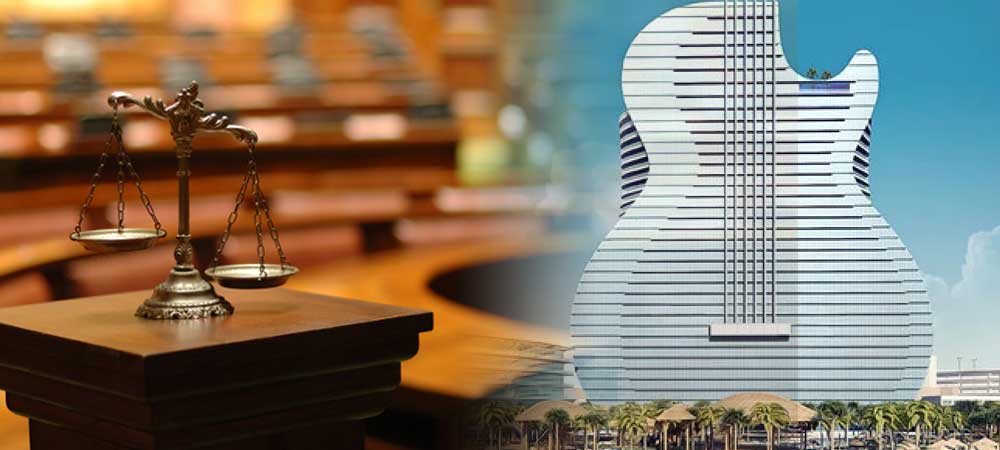- A case that could overturn sports betting in Florida has reached U.S. District Court.
- Judge Dabney Friedrich seemed to not buy the government arguments in defense of sports betting.
- Sports betting went live in Florida on Monday.
TALLAHASSEE, Fla. - Sports betting in Florida went live with the Hard Rock Sportsbook app, but it could be short lived.
A case that could overturn sports betting in the state has reached a U.S. District Court, and the judge in the case seemed unsympathetic to government arguments that would keep the hub-and spoke model of sports betting approved.
Under the current interpretation of the law, sports bettors located outside the confines of tribal land can place wagers on sports as long as the servers used to do so are on tribal land.
Plaintiffs in the case - casino and pari-mutuel wagering location owners in Florida - call this a “legal fiction”, and are suing the U.S. Department of the Interior for tacitly approving it in the first place.
Plaintiffs’ attorney Hamish Hume argued that the law regarding sports betting in Florida was using the Indian Gaming Regulatory Act to sneak sports betting through a loophole.
“That is not the purpose of IGRA,” said Hume. “And what has happened is that there is now millions of people all over the state of Florida right now who are not anywhere near Indian lands who are able to place bets through their sports app on their phone or on their laptop that would be illegal, and in fact not just illegal but now a felony, if conducted by my clients or anyone else.”
U.S. District Judge Dabney Friedrich attempted to nail down the government’s specific position on the hub-and-spoke model.
“Help me understand,” she asked government lawyer Rebecca Ross. “I’m having a hard time following that position. All of the online gaming is happening on tribal lands? That’s your position?”
Do The Plaintiffs Have Standing?
The government’s position seems to be that the argument about whether or not sports betting is constitutional or not is moot, because the plaintiffs do not have standing to challenge the case.
Given that this is the position they have chosen to take, it is likely a bad sign for them that the judge seems so set on interrogating the facts of the case, rather than whether or not the plaintiffs have standing.
Judge Friedrich seemed flabbergasted that the government’s case rested on whether or not the plaintiffs - pari-mutuel and casino owners in the state - would be harmed materially by the existence of online sports betting.
“How can you possibly take the position that not a single person would prefer to use the online gaming system than go to a casino?” Friedrich inquired of Ross.
This use of the online gaming system rather than going to a casino would be injurious to the casinos, and arguably enough to generate standing. There’s still a long case ahead, but it seems as though online sports betting in Florida might be short lived.
